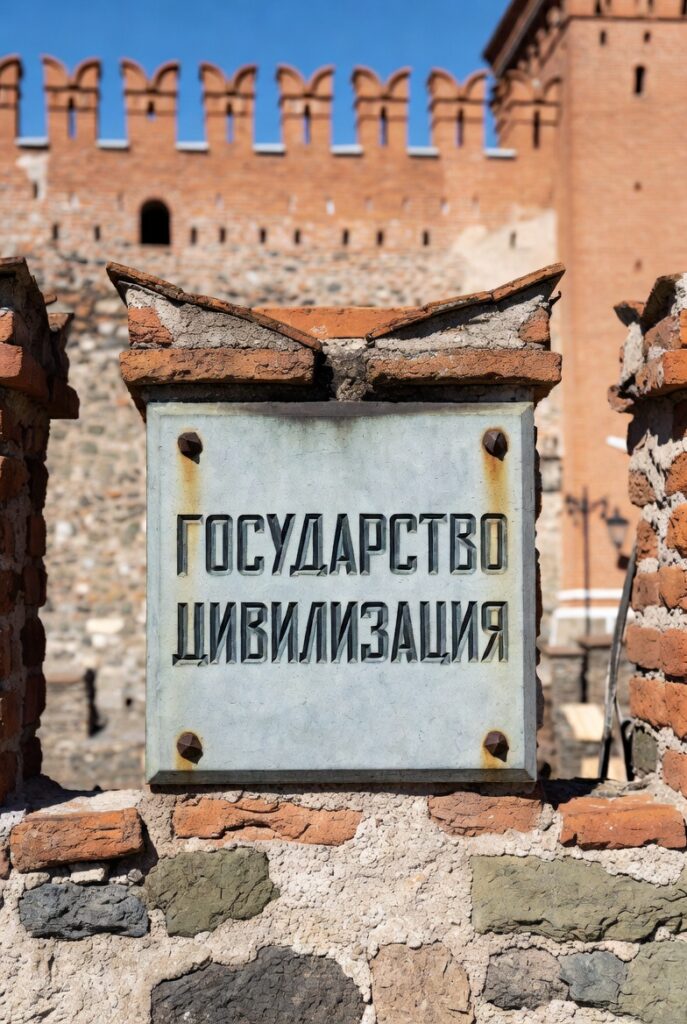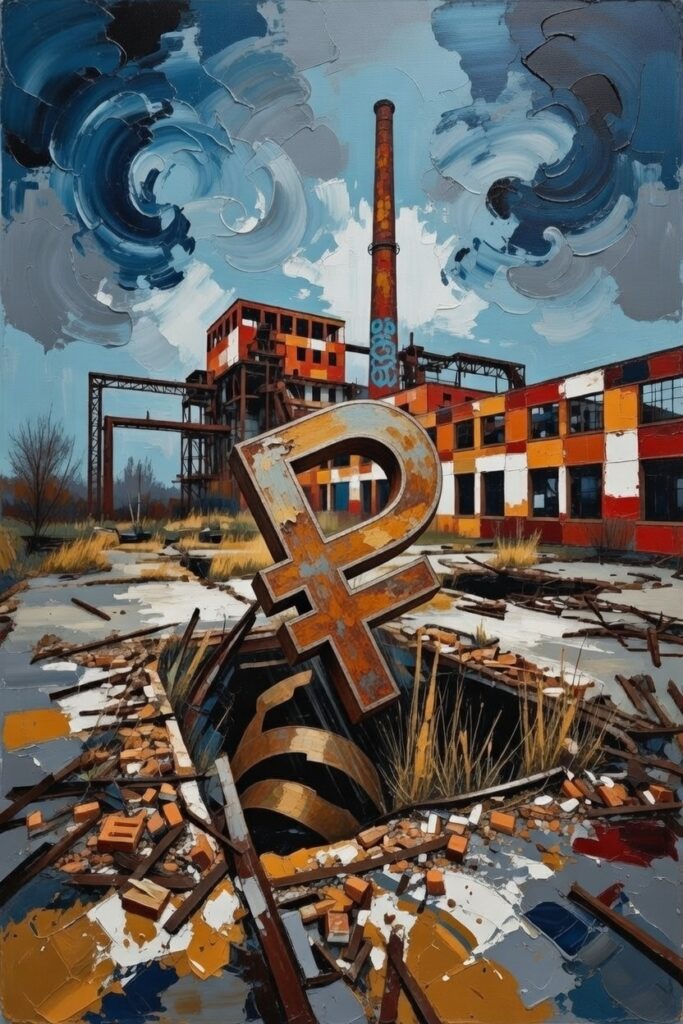Former Security Council Secretary Nikolai Patrushev, in an interview with TASS, stated that «Odessa and the vast majority of its residents have nothing in common with the Kyiv regime.» Former President and ex-Prime Minister Dmitry Medvedev, speaking at the marathon of the Knowledge Society (funded by the Presidential Administration, with Kremlin political bloc head Sergey Kiriyenko chairing its supervisory board), mused about a «new dangerous world.» According to him, relations with Europe have «passed the point of no return,» and the «Kyiv regime» must be «completely destroyed.» Medvedev described Russia’s relationship with the West as «peace through fear.» Meanwhile, Security Council Secretary Sergey Shoigu said last week that Russia reserves the right to use nuclear weapons.
This parade of hawks unfolds against the backdrop of efforts by Kirill Dmitriev, head of the Russian Direct Investment Fund, to facilitate dialogue between Vladimir Putin and Donald Trump. Such dynamics are not new. Typically, hardliners issue sharp statements to make Putin’s demands and rhetoric appear conciliatory by comparison. Russian-American negotiations are clearly stalled, likely due to Putin’s desire to control the entire territory of Ukraine’s Donetsk, Luhansk, Zaporizhia and Kherson regions. However, the Russian army does not control many settlements in these areas, including the regional centers of Kherson and Zaporizhia, and is unlikely to seize them by force in the foreseeable future. Thus, Putin’s demands seem not just unrealistic but absurd.
The Kremlin likely hopes that statements from senior Russian security officials about potential offensives on Odessa and Kyiv or the use of nuclear weapons will make Putin’s territorial claims to Kherson and Zaporizhia appear less radical. The U.S. and Ukraine are being offered a choice: concede to these demands or face further Russian military advances. However, such statements from security officials may not be coordinated with Dmitriev and could complicate his efforts. Instead of swaying Trump, Ukraine, and Europe toward compromise, the hawkish parade risks hardening their stance. The «bad cops» reveal that the «good» Putin is not so benevolent, and his entourage is far from peace-loving, ready to push further. This undermines the point of negotiations.
Municipal-Level Anxiety
In the Krasnoyarsk regions, protests have erupted following the launch of a municipal reform. At the initiative of regional authorities, aligned with the Kremlin’s political bloc, regional deputies slashed the number of municipalities from over 400 to just 39. This included not only first-level municipalities, which federal authorities proposed to eliminate, but also several second-level ones, as the regional administration decided to merge districts and urban municipalities. Unlike other regions where such changes face little resistance, the reform has sparked a crisis in Krasnoyarsk. Two second-level municipal heads resigned in protest: Alexander Alpatsky, head of Sukhobuzimsky District (set to merge with Bolshumurtinsky District), and Yury Gurin, mayor of the Dudinka urban municipality. The situation in Dudinka, the center of the Dolgano-Nenets District, is particularly tense, as it was previously the capital of a former federal subject. Now, this area is being reduced to a district without internal municipalities. The absence of respected local leaders will complicate the merger process. Local politicians and officials are unlikely to take on «suicidal» roles or betray their homeland. Outsiders sent by the regional administration may not be approved by local councils. Gurin and Alpatsky, likely coordinating with district and city elites, have signaled widespread local discontent and intent to obstruct the regional leadership’s initiative.
Residents of the affected areas have begun recording mass video appeals to Putin. Notably, in the Mansky District, set to merge with Uyarsky District, war veterans have led these appeals. «We are forced to confront antipopular laws like the abolition of territories. The people fight on the frontlines, and humanitarian aid comes from the people. They want to give our homeland away to someone. We ask you to address our issue and stop this arbitrariness,» one appeal stated. Another highlighted that elderly residents would struggle to reach the new district center, located 100 kilometers away. Similar appeals from veterans emerged in the abolished Novoselovsky District.
The power vertical now faces those it claims as the «new elite.» Local elites, unwilling to lose influence and recognizing the need for local administrations, likely assisted veterans in drafting these appeals. The regional administration is trapped: pushing the reform risks showing that war veterans are not the «new elite,» potentially sparking more complaints to Putin. Krasnoyarsk Governor Mikhail Kotyukov, though born in the region, built much of his career at the federal level and is now focused on rigidly implementing central directives. Thus, the crisis in one of Russia’s largest and richest regions is likely to persist.
Voronezh Oblast authorities acted more prudently, opting not to abolish municipalities. Governor Alexander Gusev explained that local leaders helped inform the federal center about Wagner Group columns during Yevgeny Prigozhin’s 2023 mutiny. Likely, municipal elites conveyed their discontent to the governor. The region has many settlements and wealthy villages with agricultural and industrial enterprises, and Gusev, a local politician (formerly Voronezh mayor), understands the importance of municipal representation for local business. To maintain good relations with municipal elites, Gusev effectively sabotaged Kremlin directives. Under new rules, only national republics or regions with «specific features» can retain first-level municipalities. Voronezh, a typical central Russian region, hardly qualifies as an exception, yet it took the risk and succeeded. Last fall, Tatarstan and Bashkortostan openly opposed the municipal reform law. Initially, the law mandated abolishing first-level municipalities federally, but pressure from national republics, backed by State Duma Speaker Vyacheslav Volodin, forced the Kremlin to allow regional administrations to decide. Voronezh’s example shows governors are beginning to use this authority. The Kremlin’s political bloc, led by Sergey Kiriyenko, aimed to unify municipal governance like corporate management but has clearly faltered.










